A: Processed meat has been classified as a ‘definite’ cause of cancer, and red meat as a ‘probable’ cause. Breakdown products of red meat (N-nitroso compounds), as well as nitrites added to processed meat, may lead to cancer. High temperature cooking (grilling, barbequing) may also increase cancer risk.
Meat is just one factor in bowel cancer risk, and the amount consumed affects risk. It is also important to consider each individual’s risk, including family history, smoking, alcohol, physical activity, weight management, and dietary factors such as vegetable and fruit intake. Overall, moderation is key: cutting down on meat, rather than eliminating it completely, makes sense for most people.
Update:
Dr. Cooper was recently a guest on The Lynda Steele Show on CKNW News Talk 980 AM, where she discussed the connection between processed meat, red meat, and cancer risk. Learn more by listening to the podcast here.
For further reading, this is an excellent and comprehensive article from Cancer Research UK: Processed Meat and Cancer - What You Need to Know.
As seen in the Cloverdale Reporter...

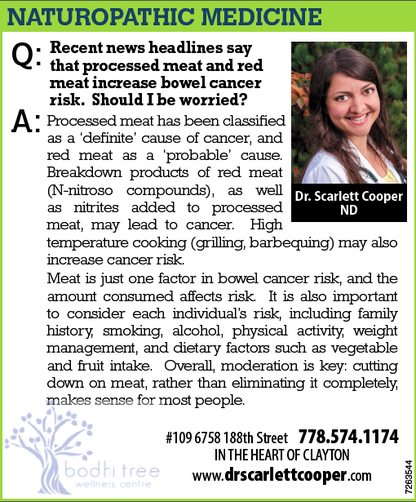
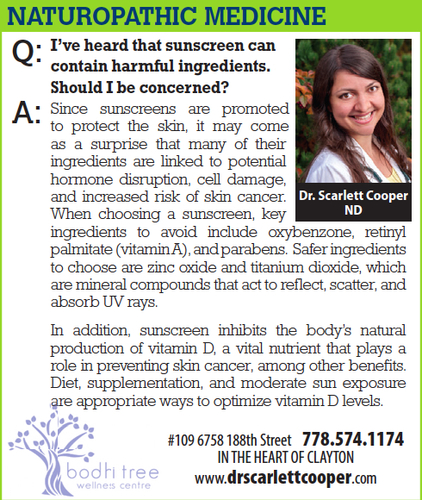
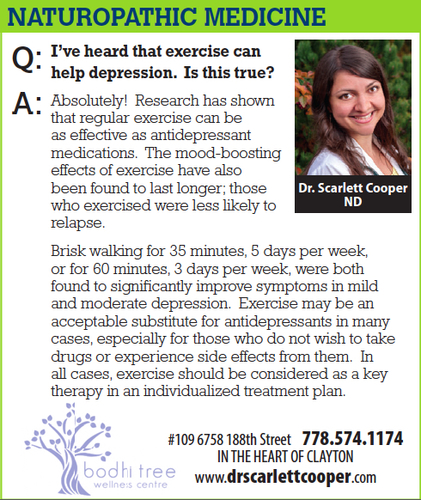
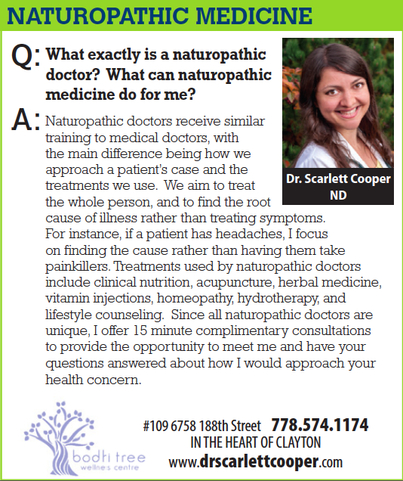
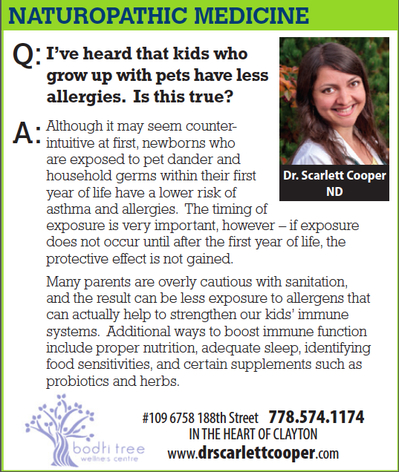
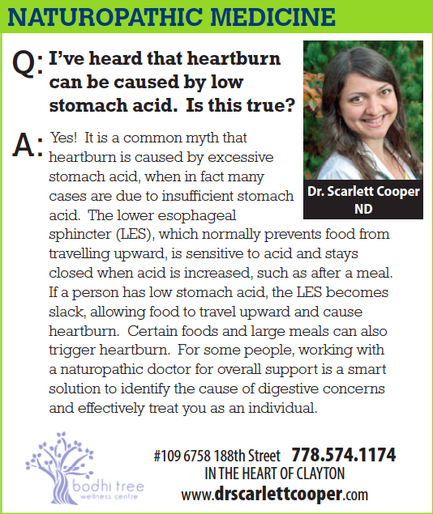
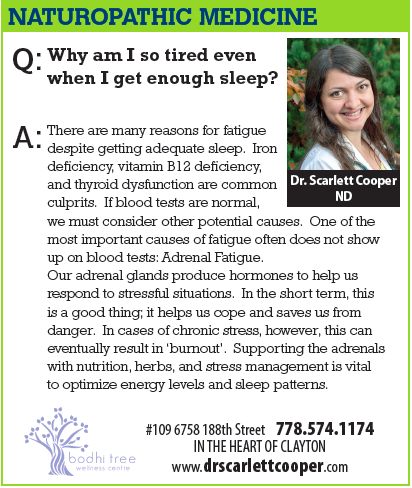

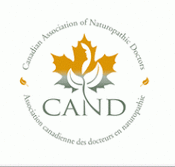


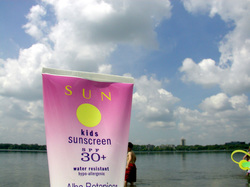
 RSS Feed
RSS Feed